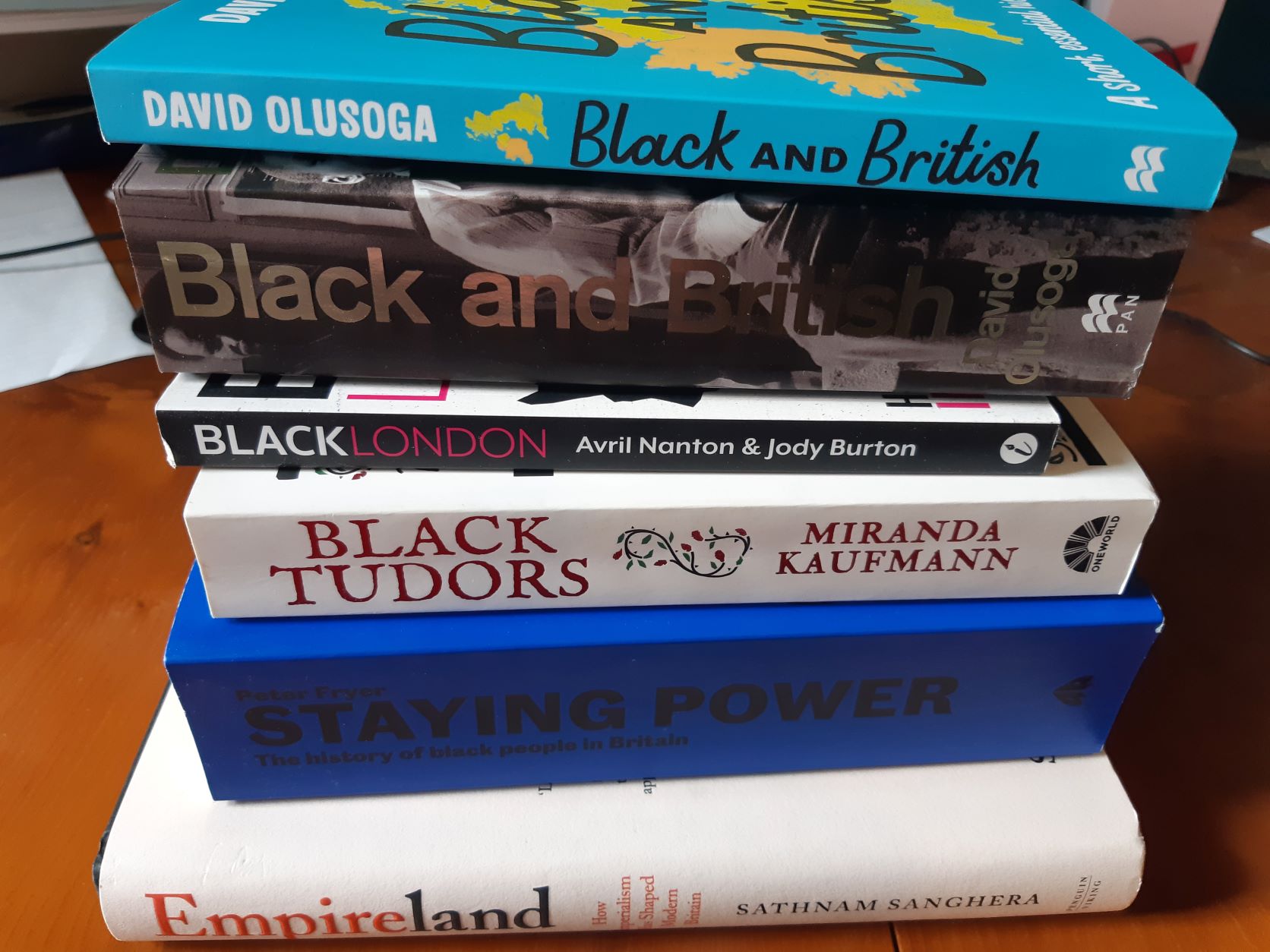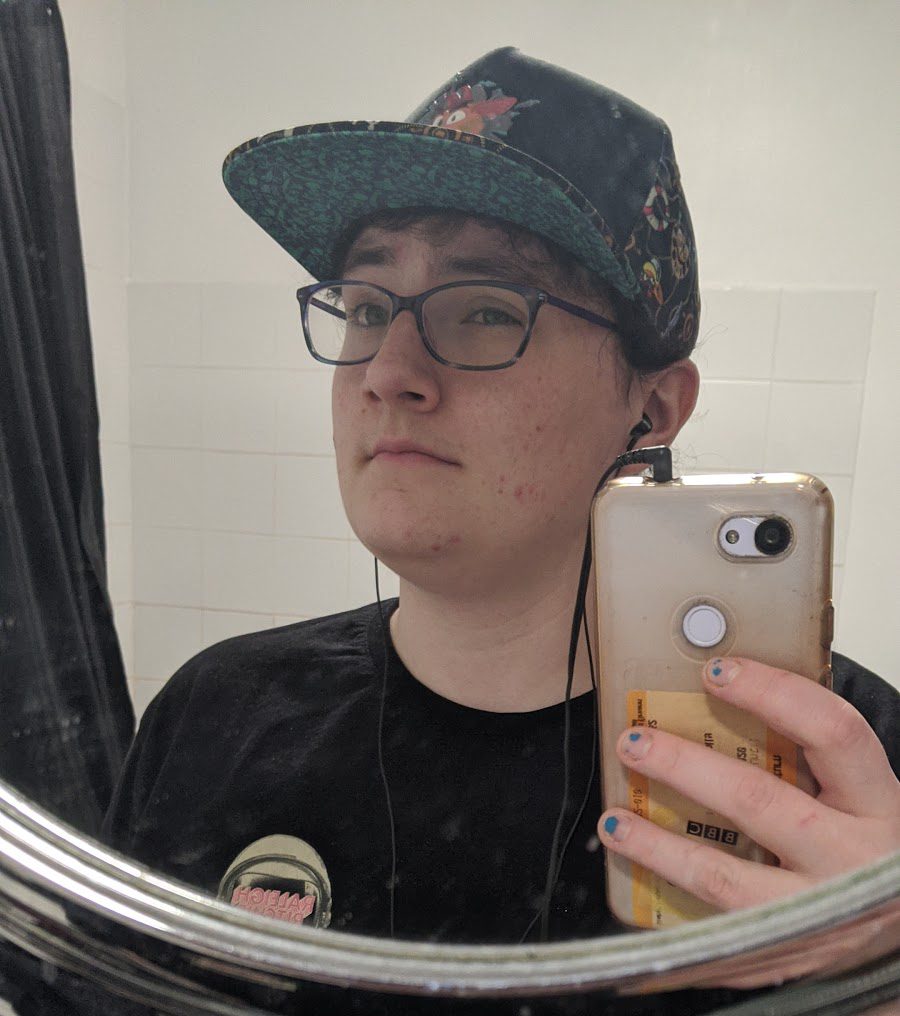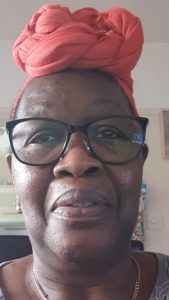Content warning: This blog explores themes of sexual violence.
Dhara Brahmbhatt, Interim Strategic Initiatives Project Coordinator at King’s, has recently completed the Consent Matters course offered to all students & staff at King’s College London. Dhara offers her reflections on the course and encourages others to complete the online module; to better inform yourself of your rights and to support others.
Did you know that 70% of female and 26% of male students and graduates surveyed have experienced sexual violence? (The Student Room Report). If you are reading this blog, you’ve probably experienced unwanted sexual behaviour, and almost certainly observed or heard of friends who have experienced this.
Sexual violence is unacceptable and the Equality, Diversity & Inclusion (EDI) team at King’s College London is aiming to prepare students to be able to act in the moment when they see an unacceptable situation, and / or to recognise when their own behaviour crosses lines of acceptability.
When I joined the EDI team to help promote the Consent Matters course, my colleague Helena Mattingley (Head of EDI) encouraged me to enroll on the online training created by Epigeum so, I could encourage others to complete the course based on my own experience of Consent Matters. The interactive course is promoted to students and available to all staff for free. To learn more and to complete the training visit our Consent Matters webpages.
Prior to taking the course I believed that consent comes with common sense. I mean, how difficult can it really be to say ‘no’? Or to hear ‘no,’ and act accordingly? But it wasn’t until I started going through the course that I recollected personal experiences where I had been in similar situations and how uncomfortable I had felt at the time. After completing the course, I feel confident and have a better understanding on not only how I can be an active bystander but also what my legal rights are and what I should have expected from support services.
The Consent Matters course is extremely informative and educates individuals on why consent is important, when consent can and can’t be given, and the legal context in which we study, work and live. It provides a foundation for acceptable behaviour in relationships, and uses stories that spoke to me which helped convey the importance of respectful relationships.
Consent Matters debunks misconceptions and teaches us how we can overcome these misconceptions and apply consent in practice.
There are a few different ways of being an active bystander, including non-confrontational options, and all which offer support. Some examples are (which the course further expands on):
- Offer support
- Shift the focus away from the remark or situation
- Step in after the event
- Talk to others
- Confront the person directly
Finally, the course has several useful signposts and pieces of information in the ‘resource bank’, here you can find a wealth of links for different support services. These links are extremely handy to have for yourself or your friends in case of unforeseen circumstances. After all, more than half of the readers of this blog will have experienced unacceptable sexual behaviour – and knowing where support is available is so valuable.
Sexual violence unfortunately isn’t uncommon; however, this does not make it acceptable. Consent matters is a course designed by Epigeum and promoted at King’s for students and staff to take to help equip them with the tools needed if these situations were to arise in their own lives or of their friends and families. It also educates these individuals on whether their own behaviour under these circumstances is acceptable. The course addresses key factors in details regarding acceptable behaviour in relationships, misconceptions, and different manners in which one can be an active bystander. The course also highlights key links and information in the ‘resource bank’ for various support services available.
Therefore, as the saying goes ‘knowledge is wealth’ take the course today and better inform yourself on your rights and how you can support those in need.
KCL students & staff can complete the course now, by visiting our Consent Matters pages!
References:




